Hello! Nathan here, hoping that your 2024 has kicked off nicely and you’re still making time for some fun for the rest of the summer. It’s been a fantastic year for us, so I wanted to share with you some of the things Boho has been up to in 2023, and some of what we’ve got planned for 2024.
But first, I would love to invite you our Taster Nights coming up next month, where we’ll showcase some recent projects among some conversations about systems and games. Come play some games and have a chat! Both events are free and you’re most welcome to pass this invitation along, just make sure you register at the links:
Sydney: Tuesday, 12th March 7pm at Annandale Neighbourhood Centre
https://events.humanitix.com/boho-interactive-taster-night-sydney
Canberra: Thursday, 21st March 7pm at Ainslie Gorman Arts Centre
https://events.humanitix.com/boho-interactive-taster-night-canberra
So what have been been doing? Well, early in 2023 we created The Best Kelp Secrets for the Future States Tasmania team of CSIRO. It’s a game about the future of the east coast of Tasmania, and the tipping points that towns along the coast must navigate over the coming decades. It features community decision-making, changing demographics, and heroic lobsters protecting kelp forests from sea urchins. Dr Jess Melbourne-Thomas and Dr Delphi Ward have been running the game with a broad range of groups in Tassie, and the game was featured on the Gamifying Government panel at PAX Aus in Melbourne in August—which you can read all about over on the CSIRO website.
We spent the bulk of this year collaborating with our friends at Population Health Exchange (PHXchange) from ANU’s Centre for Epidemiology and Population Health. Together we embarked on a project to develop a game about the relationship between researchers and research-users (policy makers, communities, etc). The result was Found in Translation, a game where two teams must run a restaurant in pretty dire conditions but work together to reshape the model of collaboration (and prevent the restaurant from being turned into a hot-dog shack). We were inspired by our friends at Coney and their practice of playful activism—in Found in Translation, players literally change and rewrite the rules of the game to fix a broken system, with a goal of bringing that attitude to the systems they live and work within.
Alongside the game, PHXchange (led by Dr. Erin Walsh) have devised a beautifully playful set of research mechanisms to learn how the game is impacting people. It’s been a lovely way to help shape the game’s development and our own making practice, while contributing to an environment of learning through play. Our favourite mechanism is the anonymised posture tracking, which turns everyone into colourful stick figures.
Boho and the PHXchange research team setting up Found in Translation, processed in OpenPose
We prototyped Found in Translation at the Uncharted Territory festival in July, and since then we’ve run it for a few events and conferences. It’s been very well received not just by researchers and policy makers, but by groups that need to collaborate towards common goals.
And right now we’re wrapping up work on a new game for CSIRO’s Future States team, this time about the South-West Slopes region of NSW. We’ve traded lobsters for sheep, kelp for box gums, and we’re having a wonderful time working with Dr. Katrina Szetey fleshing out future scenarios for the area.
As always, if you’d like to chat about any of these games, or working together on something, or just want say hi, we’d love to hear from you! Shoot us an email, or reach us on Facebook or Instagram. Don’t forget to register for our Taster Nights, above.
Best wishes for 2024!

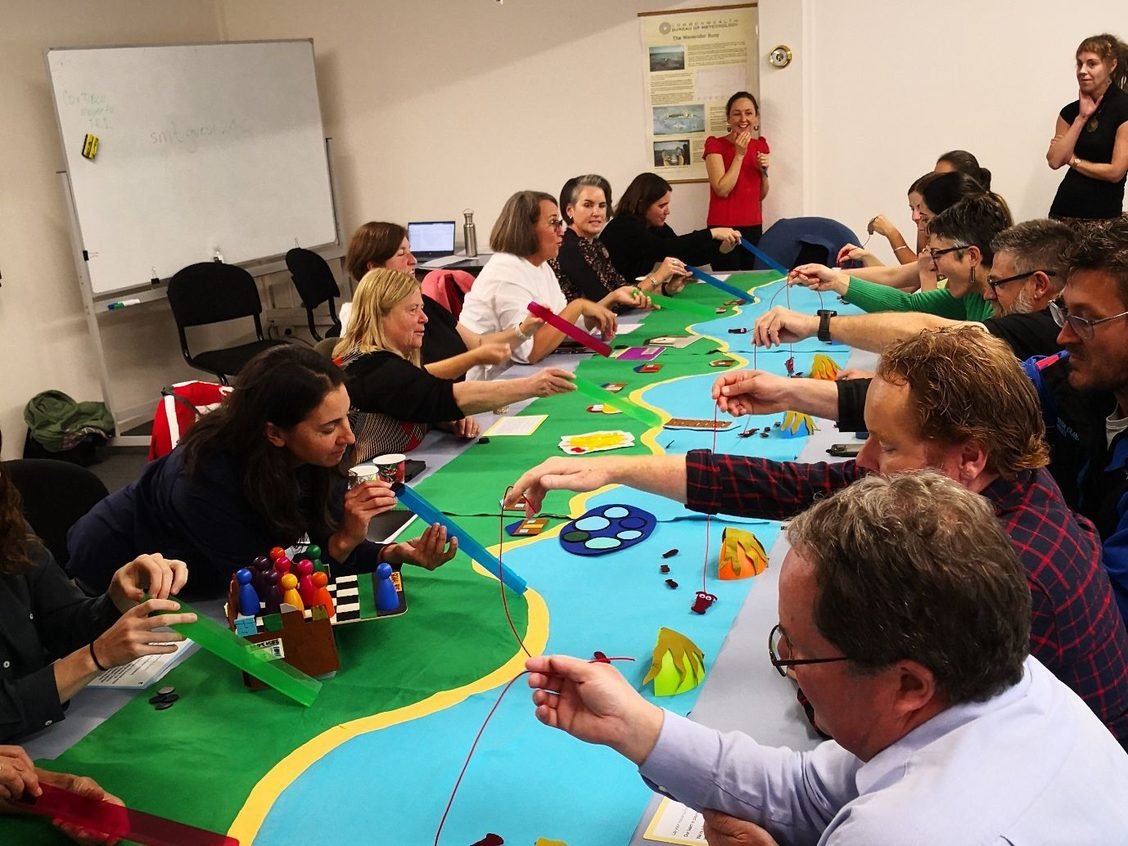
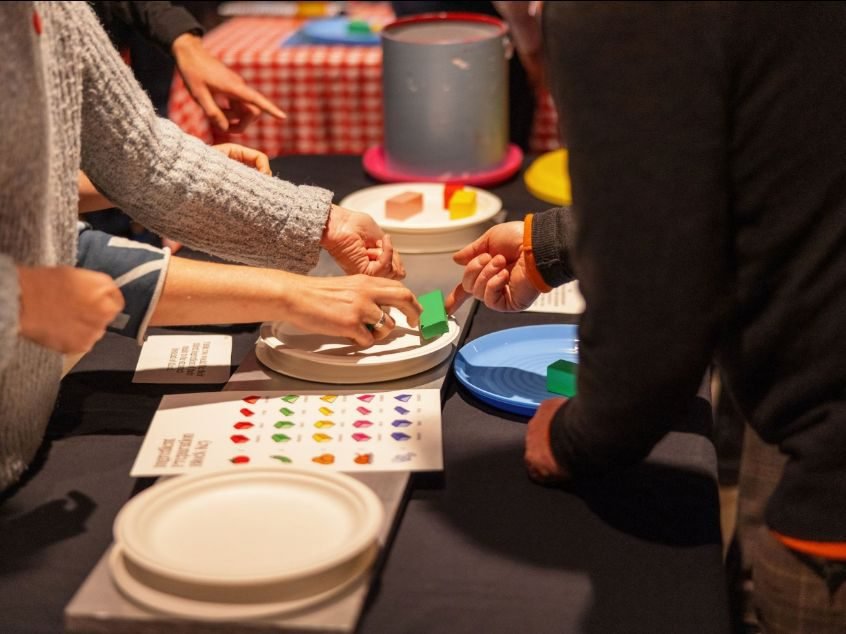









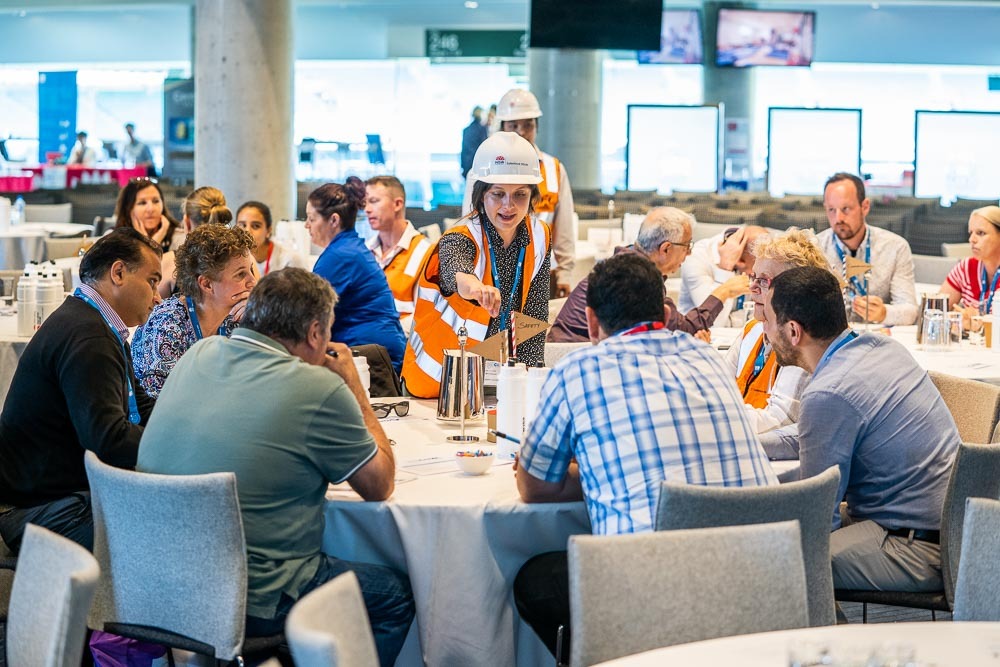
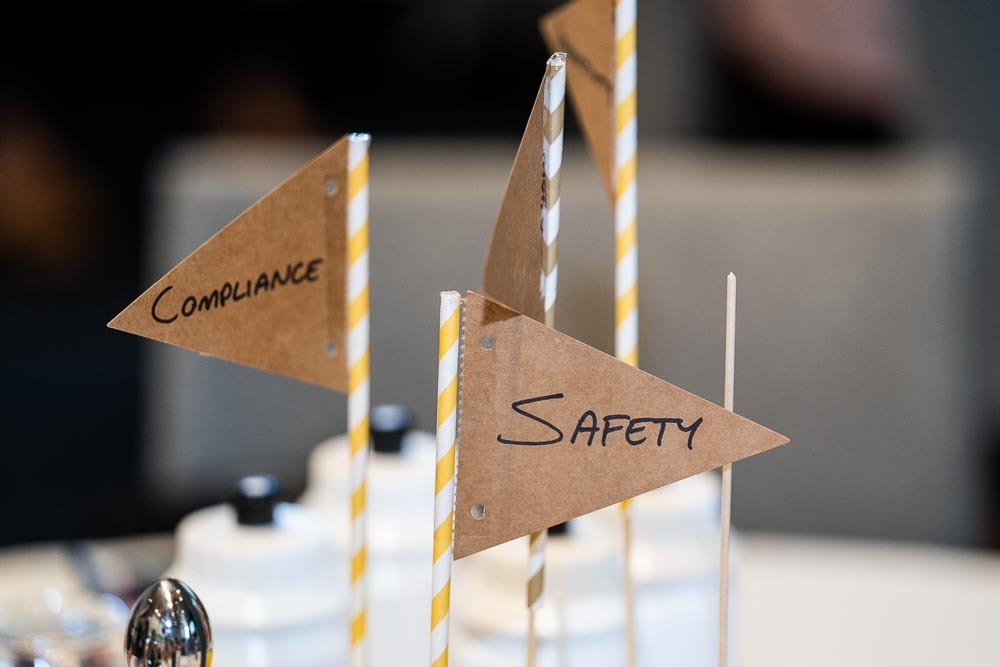
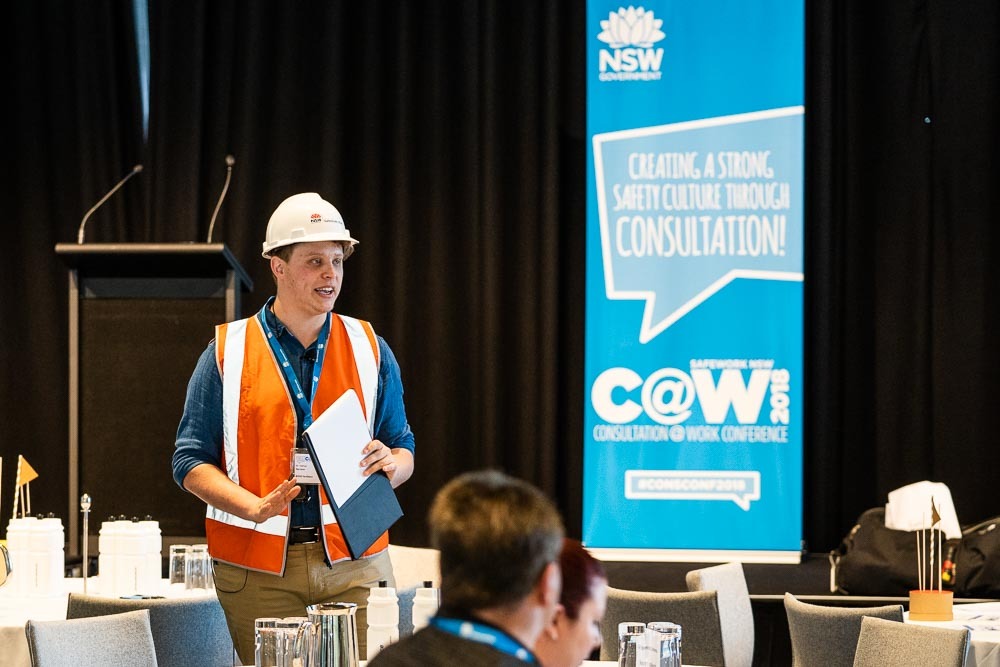 Working with Safework NSW was an exciting opportunity to adapt our games and skills to a new setting, and work directly with experts in a field with which we don’t have much experience. Like many of our processes, this development was all about listening and finding games to communicate stories from a group of experts. On the day the participants played hard, only suffered a few minor disasters, and had animated discussions rich in experience and passion. Plus Nathan got to meet Adam Spencer.
Working with Safework NSW was an exciting opportunity to adapt our games and skills to a new setting, and work directly with experts in a field with which we don’t have much experience. Like many of our processes, this development was all about listening and finding games to communicate stories from a group of experts. On the day the participants played hard, only suffered a few minor disasters, and had animated discussions rich in experience and passion. Plus Nathan got to meet Adam Spencer.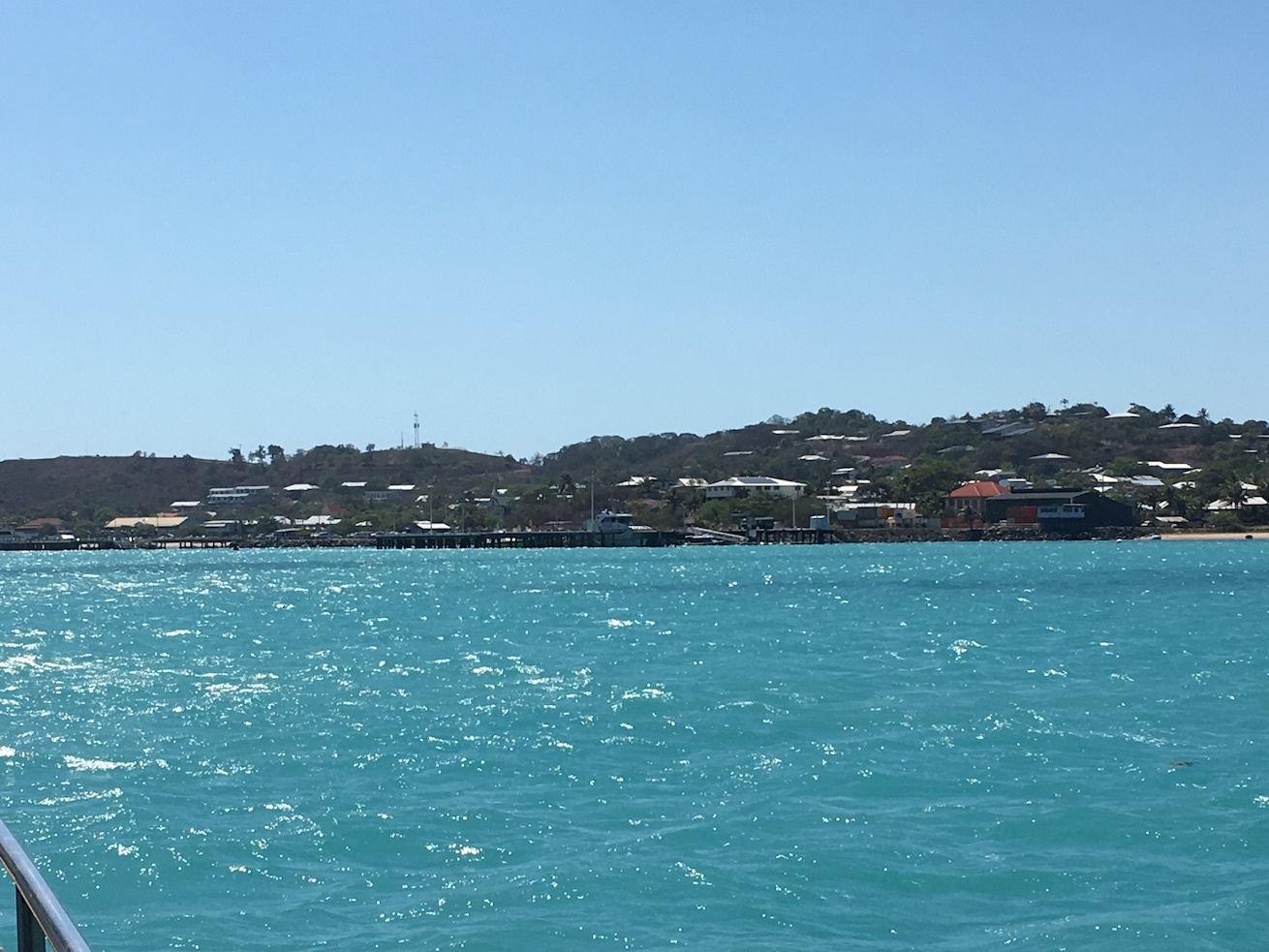
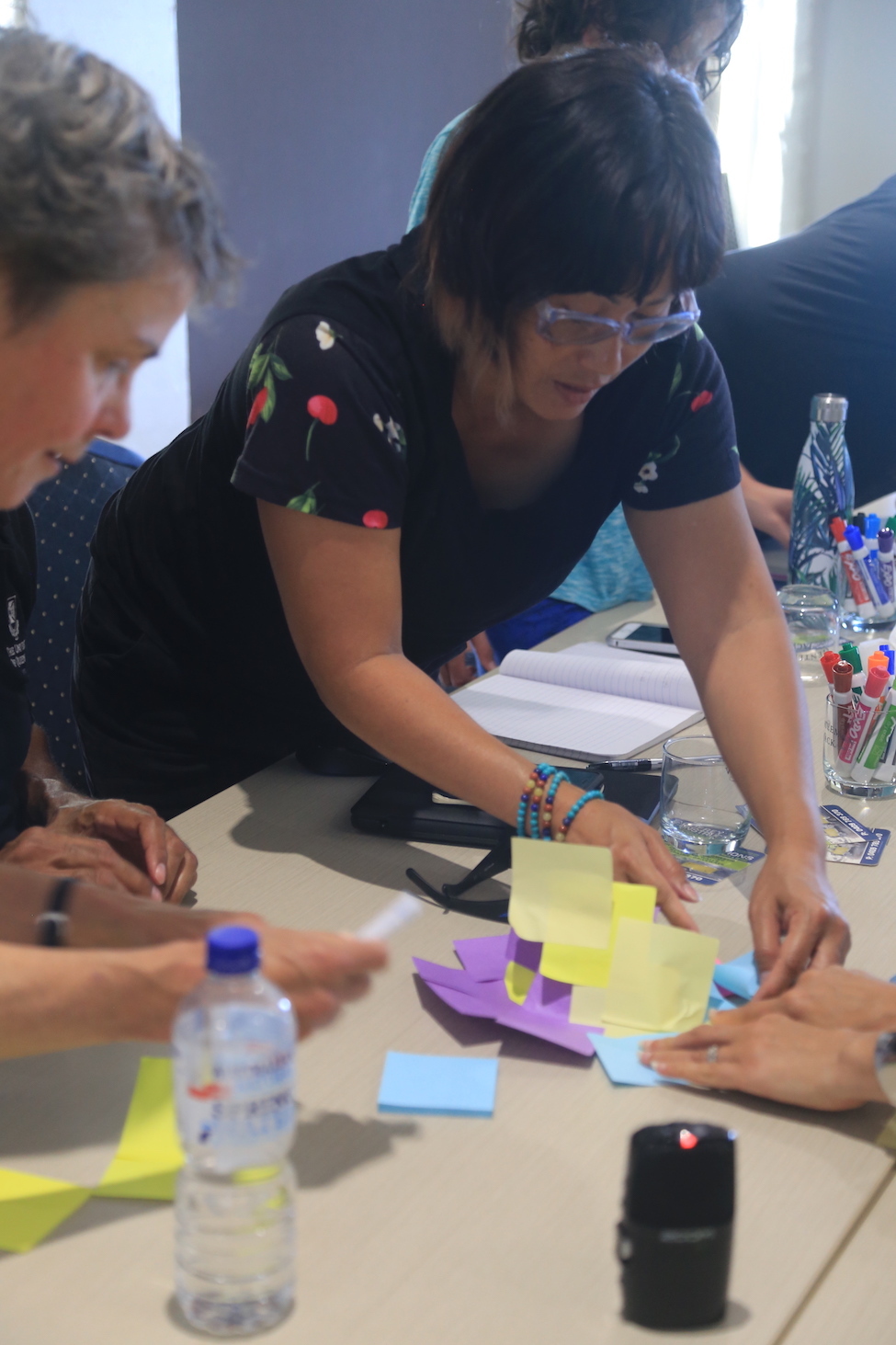
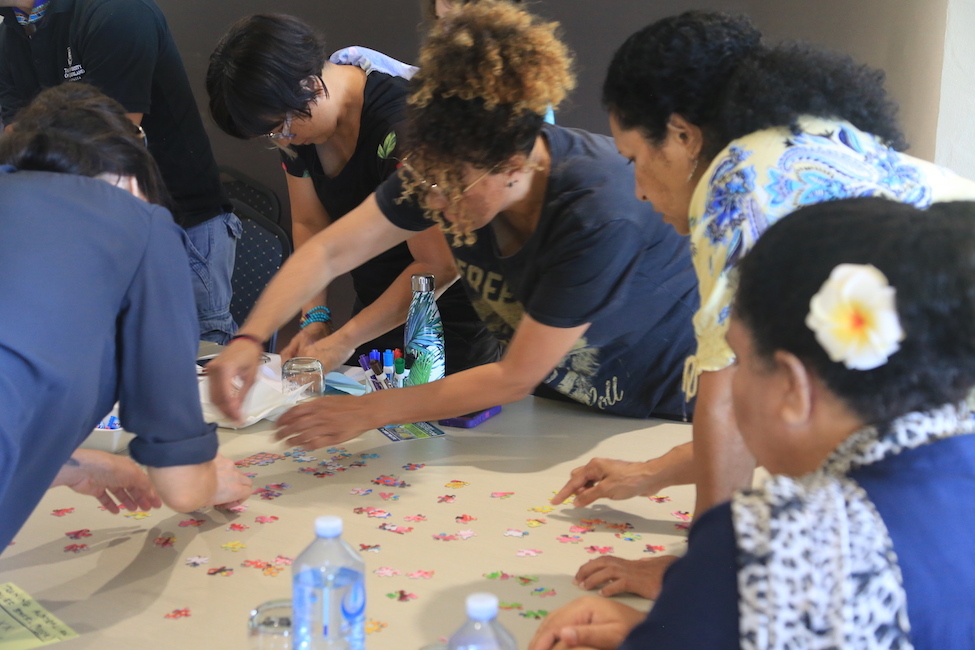
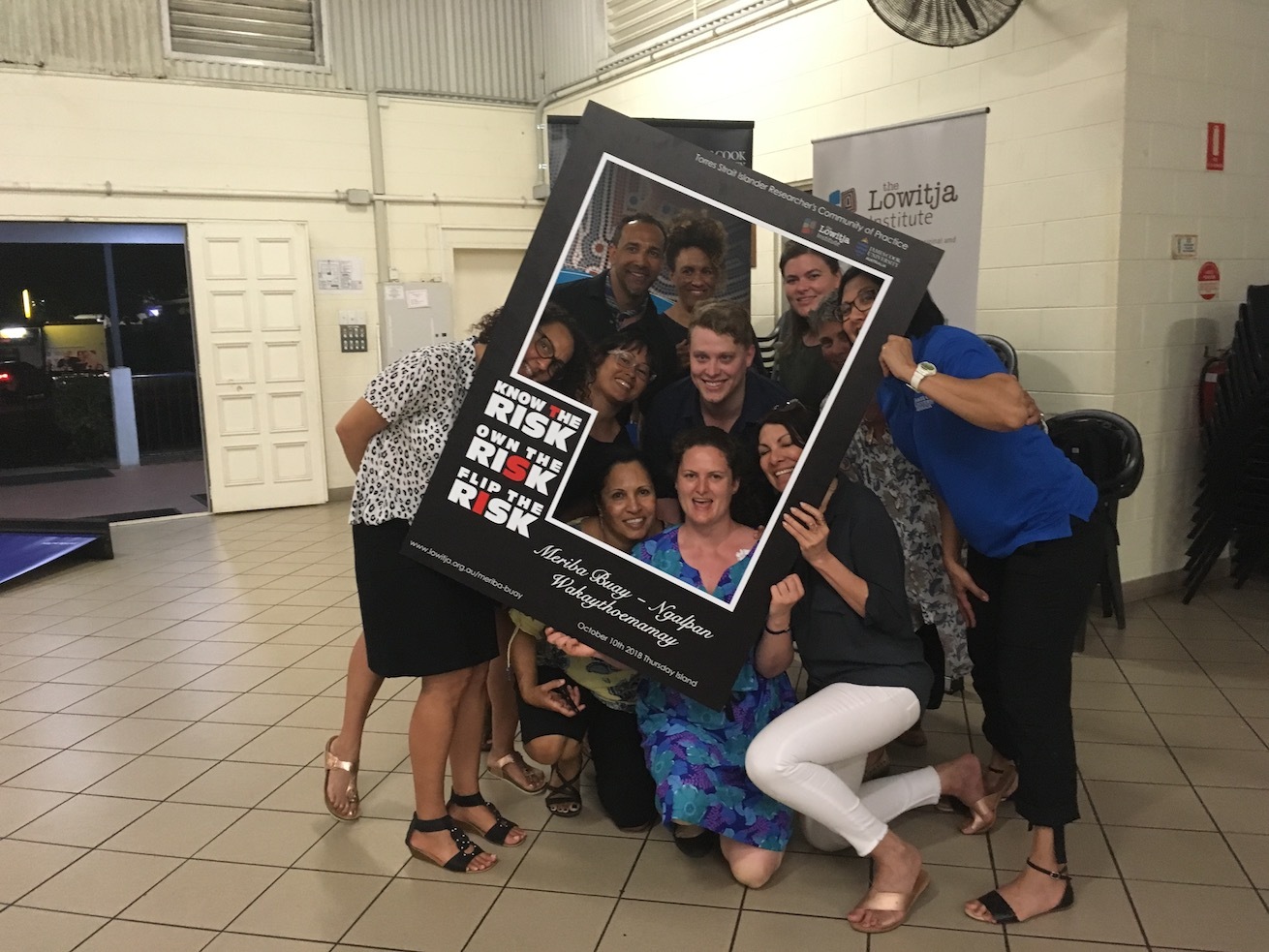
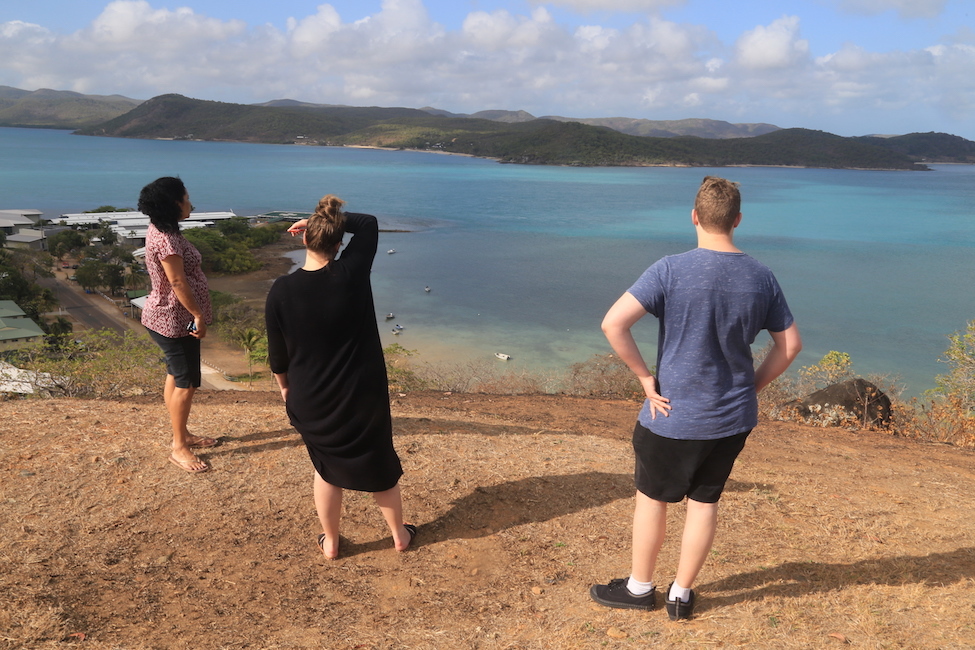 - Nikki
- Nikki